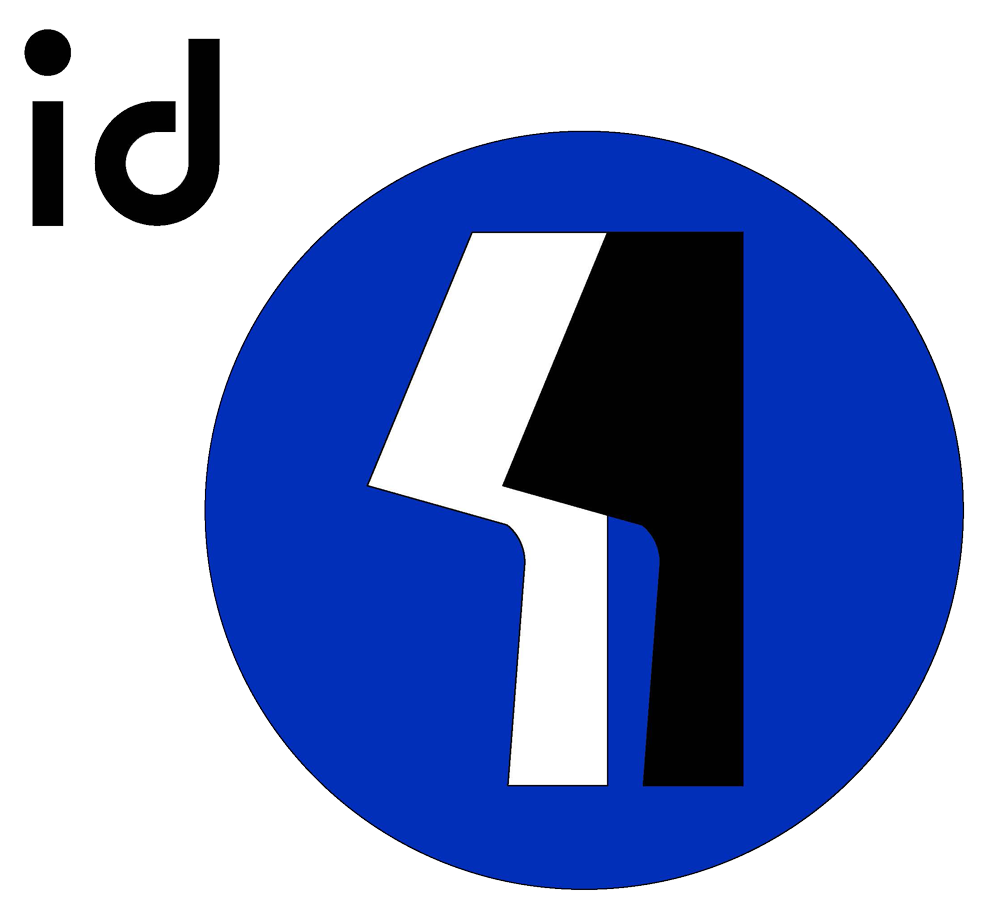With the entry into force of the New Public Contracts Code (Legislative Decree 36/2023), procurement planning is no longer just a good management practice, but becomes a regulatory obligation for all Public Administrations. Proper planning, in fact, is the first and indispensable step to ensure transparency, efficiency, quality and legality in every procurement procedure.
Under the new regulatory framework, PAs must adopt digital tools and advanced methodologies such as BIM, embedding planning within an integrated strategy for managing the entire procurement cycle. The absence of accurate, Code-compliant planning can undermine the legitimacy of procedures and prevent access to public funding.
With the New Public Procurement Code, planning is no longer a choice: it is a regulatory obligation
Procurement planning today is not limited to choosing the most advantageous supplier or negotiating contract clauses. It must respond to precise legal obligations and include a series of strategic activities geared toward:
- Identify needs in a structured way: through the timely definition of public objectives and biennial procurement planning, as required by Articles 37 and 38 of the Code
- Allocate economic, technical, and human resources in a manner consistent with budgetary constraints and timelines
- Rigorously schedule time: establishing timetables that conform to the procedural timelines and implementation schedules required by the regulations
- Control and report costs: in a traceable and documented way, as required by the digitization of public contracts.
Essential elements of planning in compliance with the New Code
- Binding timeline
- Setting deadlines, from design to publication of the call for bids to the execution phase, is now an integral part of the mandatory documentation to call for tenders
- Transparent economic evaluation
- Costs must be estimated in a timely and up-to-date manner, using official price lists and sustainability criteria, as required by Article 41 of the Code
- Prior analysis of available resources
- Contracting stations should check in advance the availability of internal and external resources (skills, suppliers, technologies), including to assess the advisability of aggregating purchases
- Accurate drafting of tender documents
- Specifications, contracts, and specifications must be consistent with the project and the digital arrangements under the new public contract ecosystem
- Digital communication and interoperability
- The management of communications and document flows must be in electronic format, in compliance with the interoperable standards set by the Code.
Time, cost and resources: how to avoid mistakes and defaults
Sloppy planning can result in delays, increased costs, litigation and, in the most serious cases, cancellation of the bidding process. Therefore, the New Code provides:
- Timing: constant monitoring using project management tools and data interoperability
- Costs: adoption of value engineering and transparent economic models to avoid waste
- Resources: qualification and informed choice of suppliers and economic operators, including through dynamic lists.

Digitization as an enabling condition
The New Procurement Code mandates the use of certified digital platforms, Common Data Environments (CDEs) and, in major works, the mandatory adoption of Building Information Modeling (BIM). Planning must therefore be based on structured data and IT tools capable of supporting the PA throughout the procurement life cycle.
A strategic phase, which cannot be postponed
For public administrations, adapting to the new regulatory framework is now an urgent and urgent necessity. Planning is not only a duty, but a strategic lever that ensures efficiency, transparency and quality in public spending.
Relying on qualified professionals such as Id 11, capable of integrating technical, regulatory and digital expertise, is the winning choice to accompany PAs in the full implementation of the Code.
Competent planning today means preventing critical issues tomorrow and ensuring successful procurement.





